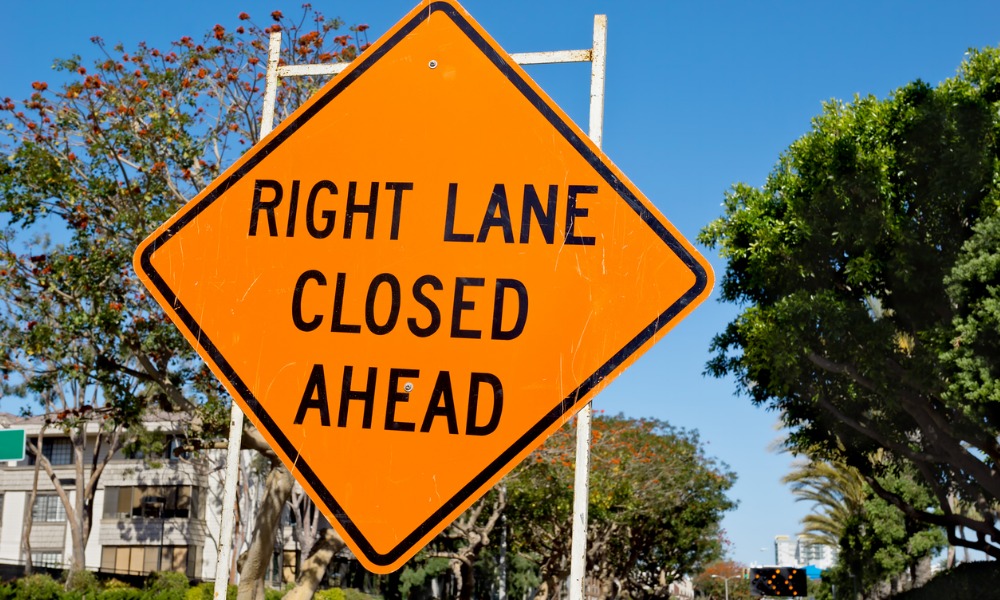Infra
Safety concerns arise as Toronto considers lane closure fee hike

The call for higher lane closure fees comes as Toronto struggles to balance its booming growth with the limitations of aging infrastructure. City officials have cited the ongoing construction-related gridlock as a reason for their consideration of the fee hike. But Chakarova argues that the focus should shift from penalizing necessary safety practices to improving the city’s procurement processes. “We need a collaborative approach between contractors and the city,” she says. “If we can better coordinate traffic plans ahead of time, we could manage the congestion without compromising safety or raising costs.”
TARBA, along with the Greater Toronto Sewer and Watermain Contractors Association (GTSWCA) and the Heavy Construction Association of Toronto (HCAT), has outlined several recommendations to accelerate project timelines and minimize disruption. One key suggestion involves incentivizing early project completion rather than penalizing delays. Another is empowering project managers to make on-site decisions to avoid bureaucratic slowdowns.
Chakarova also notes the need for a holistic view of lane closures. “People see lane closures and assume there’s no work happening, but these closures are fundamental for keeping both workers and the public safe,” she says. She adds that simply raising fees without a clear plan for how construction will proceed safely and efficiently could lead to negative consequences for all involved.
At the heart of the issue is the shared goal of reducing congestion while keeping Toronto’s infrastructure projects moving forward. Chakarova calls for ongoing dialogue between city officials and contractors to ensure solutions that work for everyone. “The only way we’ll solve these challenges is through collaboration,” she says. “Increasing fees on lane closures isn’t the answer. We need smart, practical changes that prioritize safety and efficiency.”
As Toronto continues to expand and rebuild, the conversation around infrastructure, safety, and cost is far from over. For now, industry leaders like Chakarova remain committed to advocating for practices that protect both workers and the city’s long-term growth.









